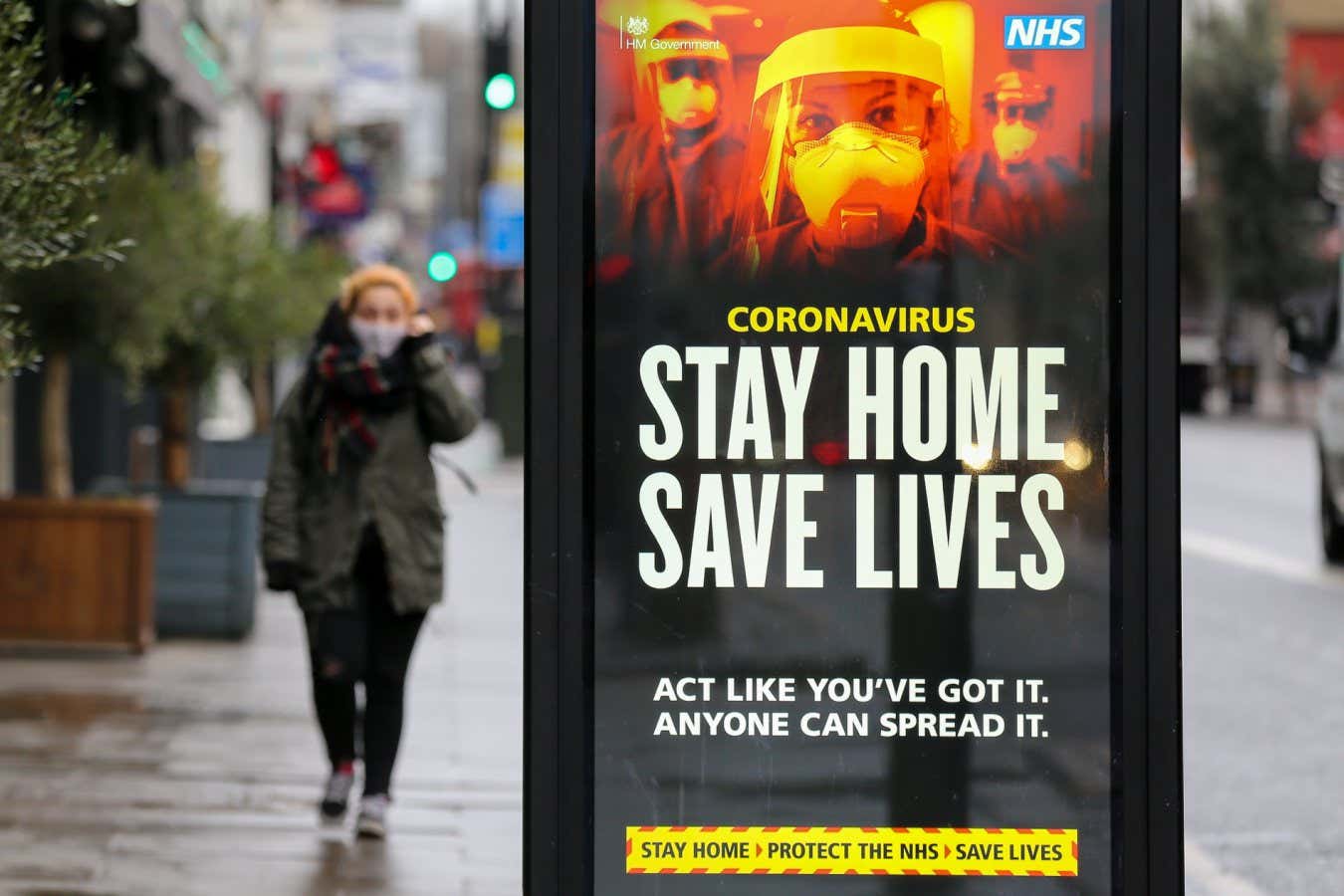
Credit: Dinendra Haria/ Getty Images
The effectiveness of non-vaccine measures such as lockdowns, face masks, and test, trace, and isolate strategies in controlling the spread of COVID-19 has been confirmed by reviews of thousands of studies conducted worldwide. According to a major report by the UK’s Royal Society, these measures have saved lives by preventing the infection of individuals until vaccines and drug treatments were developed.
The report emphasizes the importance of these measures, as future pandemics could potentially be more severe than SARS-CoV-2. The effectiveness of these measures varied depending on their implementation and timing, but overall, they were found to be unequivocally effective, especially when used in combination and when infection levels were low.
Quick and decisive action was key in controlling the spread of the virus, as waiting for perfect evidence is not feasible. The report acknowledges that non-pharmaceutical interventions can have social and economic consequences, but it did not specifically address these aspects.
The report is based on six reviews, including studies on lockdowns and social distancing, face masks and mask mandates, test, trace and isolate strategies, border controls, environmental controls such as ventilation, and the impact of communication on compliance with these measures.
Despite the reliance on observational studies rather than randomized controlled trials, which are considered the gold standard of evidence, the aggregation of hundreds of observational studies provided clear results.
The reviews concluded that social distancing and lockdowns were the most effective overall measures, with stricter rules having greater effects. Border controls were also effective, especially when combined with measures to identify cases that might have slipped through. Quarantining people upon arrival was found to be the most effective form of border control. However, these measures were relevant only for countries with significantly lower infection levels compared to others. Screening based on symptoms such as temperature had no effect on preventing the spread of the virus.
It is worth noting that border controls became less effective as more transmissible variants of SARS-CoV-2 emerged.
The report provides valuable analysis and evidence for future pandemic responses, helping countries learn from their experiences in 2020. It emphasizes the importance of developing plans for increased testing and contact tracing in future pandemics and implementing immediate measures such as improving indoor air quality.








